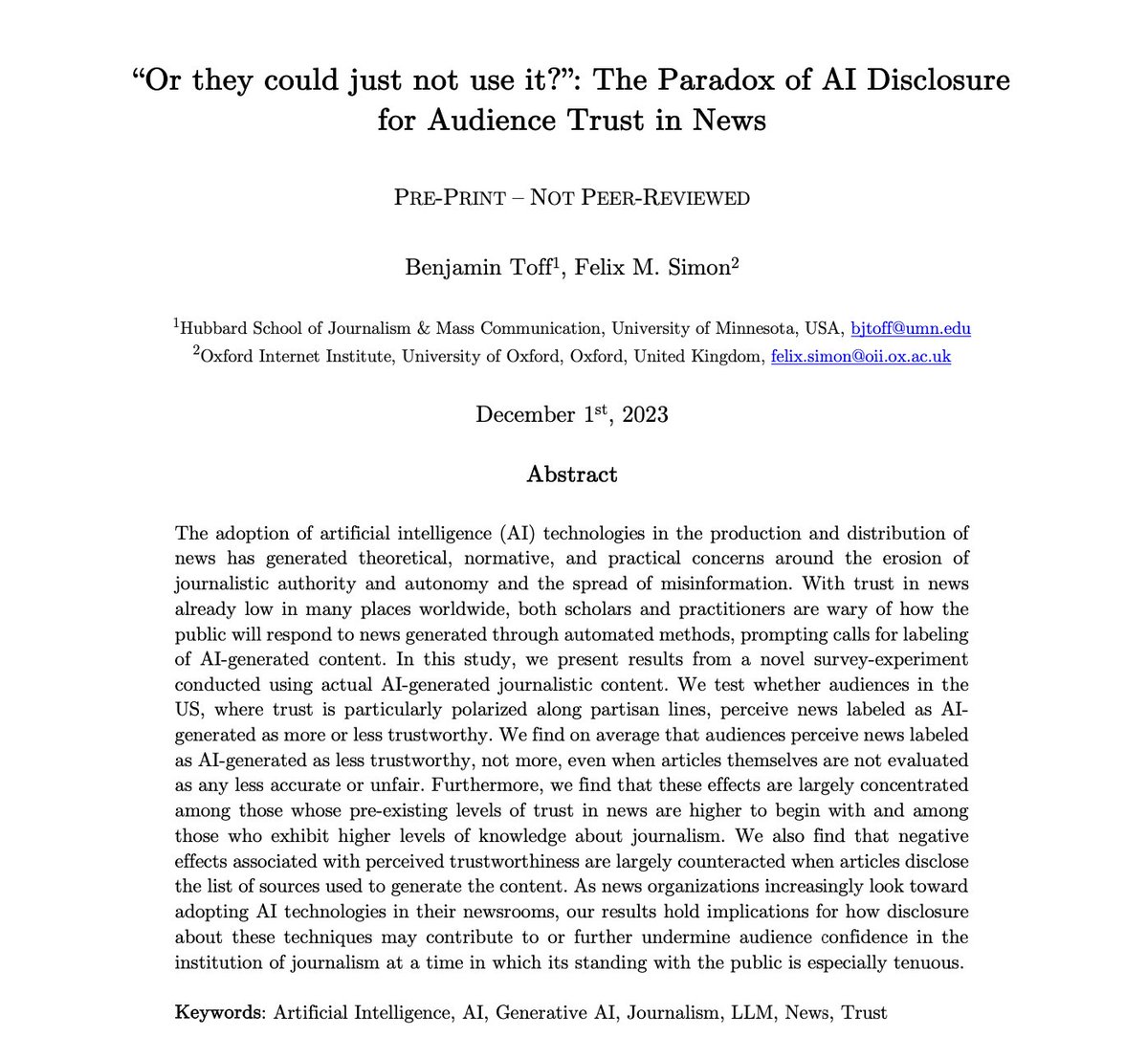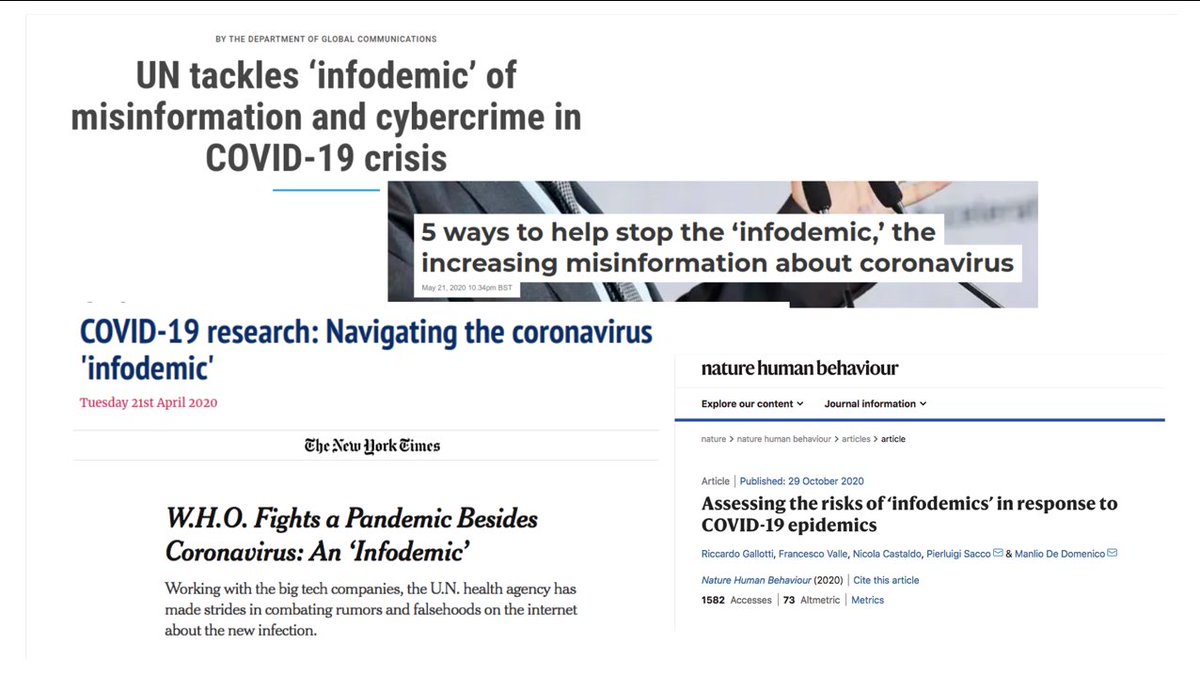The big question reg. Austria and #Strache at the moment: Who is responsible for the recording?
According to @WienerZeitung it could be the art collective “Centre for Political Beauty”. But this is not yet confirmed & only speculation at this point.
wienerzeitung.at/nachrichten/po…
According to @WienerZeitung it could be the art collective “Centre for Political Beauty”. But this is not yet confirmed & only speculation at this point.
wienerzeitung.at/nachrichten/po…
According to the article, “the Center for Political Beauty, a German guerilla-polit-prop group, apparently had a hand in the Ibiza video. A person close to the group confirmed that the artists were involved.”
The Centre for Political Beauty is know for its sophisticated attention-grabbing stunts. They also built a Holocaust memorial replica next to the home of Björn Höcke, a far-right German politician. So it's not entirely unlikely that they could be involved
independent.co.uk/news/world/eur…
independent.co.uk/news/world/eur…
Thanks to @BettinaFigl who retweeted this story and thus alerted me to this. Follow her, she's great!
@BettinaFigl But again, as long as this is not officially confirmed by @politicalbeauty, we cannot say who set up the trap for Strache, recorded the video, and thus caught Austria’s leading far-right politician speaking freely about his undemocratic und corrupt intents.
@BettinaFigl @politicalbeauty If it indeed turns out that the Centre was behind the video, it would be their biggest stunt to date. It would also ridicule Strache's conspiratory claim in his press conference yesterday, that “foreign intelligence services" and "criminal networks" were behing the sting.
@BettinaFigl @politicalbeauty Then again, I am wondering what the effect would be and if the news that a, above all, German (and left-wing associated) art collective, wouldn't end up riling up FPÖ voters. Anyway, we have to wait and see. Nothing confirmed.
• • •
Missing some Tweet in this thread? You can try to
force a refresh









